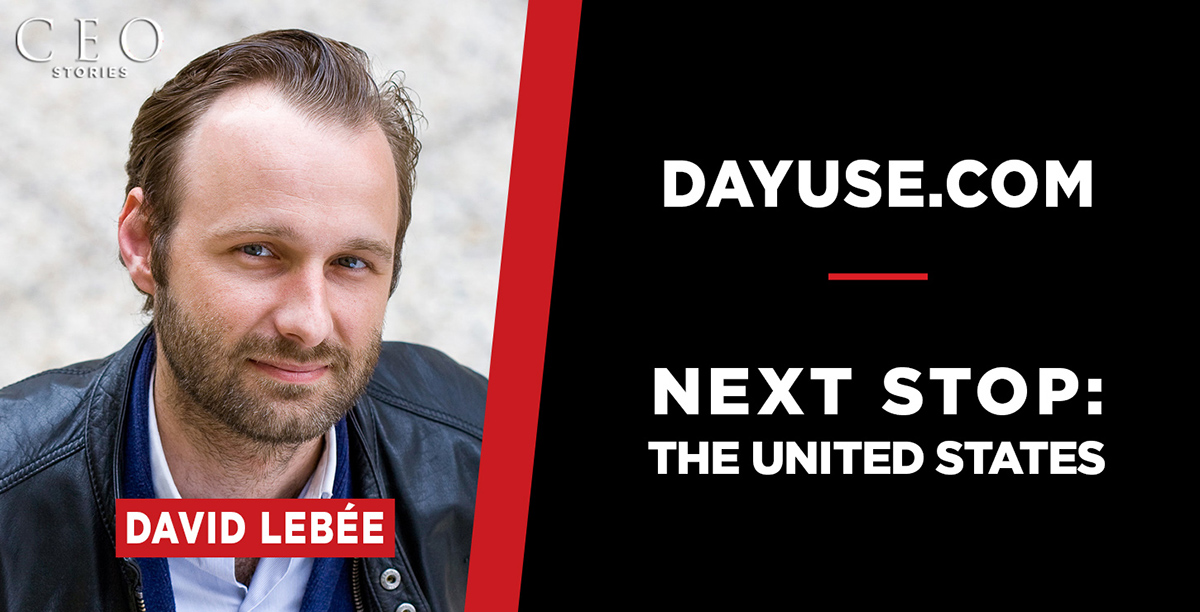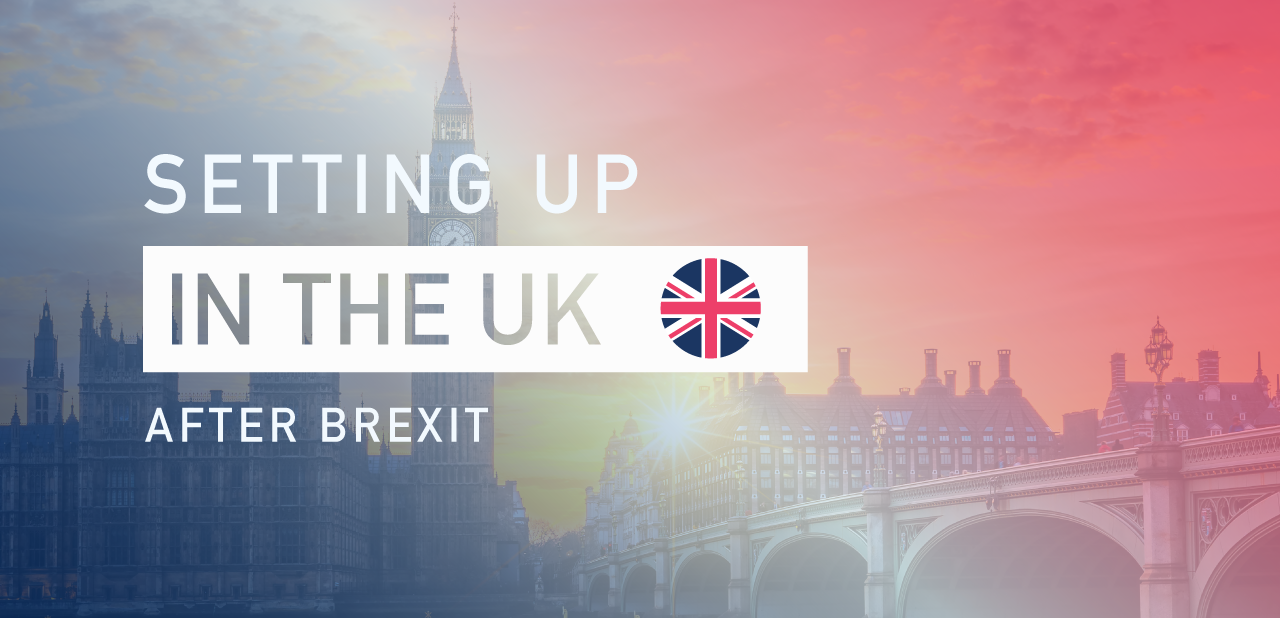It had 28 members on Thursday 23 June and awoke on Friday 24 June 2016 with the prospect of losing one of those 28. On that day, after their vote in a referendum, 52% of the British electorate had officially recorded their desire to exit the European Union, thus potentially sealing the fate of thousands of national and international companies. Two years on, doubt and uncertainty still reign in the UK: so, should companies leave to pre-empt the inevitable, stay and suffer the slings and arrows of transformation, or set up in business because, despite the Brexit, the opportunities are still there?
1. Why leave?
Loss of passporting rights, exiting the “Single European Sky”, devaluation of the pound and economic slowdown.
Loss of European passporting rights
HSBC is afraid of losing those rights and so plans to relocate up to 1,000 posts from its London investment banking arm to Paris. Losing these rights means losing the ability to offer their products to the continent of Europe from the United Kingdom. But HSBC is not planning to move its headquarters, which it intends to keep in London, or its retail banking arm, responsible specifically for British customers.
Exit from the Single European Sky
Easyjet has also been racked by doubts and fears about the future and having to leave the “Single European Sky”. This agreement allows airlines to fly freely throughout Europe. On 14 July 2017, the airline announced the creation of Easyjet Europe the headquarters of which will be in Vienna, a location of choice that will allow the company to continue flying across Europe.
Devaluation of the pound
Another factor to be considered, not negligible for British SMEs: the devaluation of the pound. Take the example of the company Air & Grace that specialises in the design of shoes which are then sent for manufacture throughout Europe, which saw the manufacturing cost of its shoes increase by 10%. Its founder, Claire Burrows, is trying to face up to it: “There are two choices – let the business absorb the cost, resulting in a reduced margin or passing it onto the consumer via increased retail prices. I’ve chosen so far to do the former, but it’s not a viable long-term strategy.” In the long term, this decline in the value of the pound may also trigger the flight of the European workforce. In fact, working in the UK will become less attractive for Europeans living in the United Kingdom because they will lose money when converting their earnings to euros.
British consumer spending weak
British domestic consumption is also raising doubts in the minds of SMEs, such as that of Franck Guéneau of Vision de Marques, experts in point-of-sale design, merchandising and visibility, who has witnessed the effects of Brexit, just one year after setting up business in the UK. Domestic consumption is not looking good and store closures are coming thick and fast: Marks & Spencer, House of Fraser… For how much longer? “We’re still managing to grow our business, not as fast as we’d like to, but it is growing. However, if British consumer spending doesn’t improve, we’ll be forced to consider leaving the UK…”.
2. Why stay?
Government reforms, transformation and investment opportunities
Hiring local partners
However, Franck Guéneau decided to stay and even tells us of his total confidence in the company’s future in the UK: “I actually believe that the British are very pro-business, I can’t imagine them getting involved in a process that would cause them to lose their share of the European market.” For Franck, today, Brexit hasn’t changed anything much… except for employing an English member of staff.
Why? “Because British people like do business with other British people. We didn’t realise right away.” Just like perfect command of the language: “It is often wrongly assumed that British people will understand ‘world English’, a little hit and miss with a few errors, but no, the British are very fussy about their language, they will point out the slightest mistake. What’s more we’ve had criticism of our website in the past.” Because that’s another change that Franck Guéneau has made to adapt to the British market: the translation of his website. After entrusting the task to a first translation company, British customers pointed out to him that the translation was somewhat lacking. And a failure to master the language can put customers off. Hence, the importance of getting a first-class translation of your website.
Similar to the example of Vision de Marques, is that of Selva, a manufacturer of electronic circuit boards and systems, based in Nantes. This SME works with CircuitWorx, an electronics and software design company located to the north of Southampton. To seize the opportunities offered by Brexit, these two companies are recruiting a shared salesperson.
Why? David Heriaud, CEO of Selva, explains it like this: “If the country becomes more protectionist and it becomes harder to produce directly for that market, then working with a structure on site, closer to the British contractor, could facilitate things.” Otherwise, “If the country isolates itself with its own regulations and documentation, that could slow down the design time, our French design office will remain an asset, for example for launching collaborative projects around artificial intelligence (…).”
Reducing margins or increasing prices
Devaluation of the pound hasn’t resulted in the relocation of companies either, some have managed to bounce back and adapt, like the Bahco tool manufacturing group. “In 2016, the depreciation of the pound made our products 8% to 10% more expensive in a few months. (…) We first offset this increase by reducing our margins to maintain our market share in the country.” said Eric Gonet, vice president of the group. In 2018, the manufacturer still had to increase its prices by 4% to 5% but compensated by boosting the volumes distributed, made possible by the growth of the UK market.
Decrease in taxes on business
However, to try to retain and, above all, reassure companies, the British government chose to tackle corporation tax. Currently at 19%, former Chancellor George Osborne, promised to cut it to below 15% by 1 April 2020. Another trick up the government’s sleeve: £61 million in funding to attract tech start-ups: £21 million of which would be allocated to expand the Tech City network and roll it out nationally (the so-called “Tech Nation”) and create 10 new technology hubs in Newcastle, Glasgow, Belfast, Cardiff and Birmingham. £20 million would then be used to inject more artificial intelligence into public services. Lastly, £20 million would be released for awareness-raising campaigns targeting 14- and 18-year-olds to enable them to identify cyber threats.
Red carpet for tech companies
Tech companies have no interest in abandoning the British ship. Especially when Theresa May announces that she wants to double the number of Tier 1 Exceptional Talent Visas to 2,000 from the current 1,000. These visas allow immigrants to live and work on British soil. Widely used in the tech sector, the government hopes to see the number of applications rise.
3. Why set up business in the UK?
The world’s fifth largest economy, a competitive tax regime, located at the crossroads of international markets
The lowest unemployment since 1975
Despite Brexit, the UK still has a few strings to its bow, starting with its position as the world’s fifth largest economy. The unemployment rate in January 2017 was 4.7%, the lowest since 1975. The economic and social context in the United Kingdom continues to appeal to French entrepreneurs. Here, it takes 3 months to open a bank account, but just 2 to 3 weeks to create a company!
Low employer contributions and flexible legislation
In addition to the reduction in corporation tax by 2020, the United Kingdom currently offers low employer contributions (13.8% compared to 40% to 60% in France) but also more flexible social security legislation: shorter paid holidays, no restrictive labour laws and greater flexibility on dismissal, thanks to a 2-year trial period. One cultural difference not to be overlooked: in France, it is the candidate who must make themselves attractive to the company in order be employed; here, it is the opposite, it is the company that must attract the future candidate.
Openness to the American and Asian markets
However, the European Union is not the only market that the UK has its eye on. Its strategic location makes London an open door to the American and Asian markets. The perfect gateway for start-ups with their sights set on these two markets. It should be noted that investors are increasingly reluctant to finance companies that only have Europe in their viewfinder.
One thing is certain: doubt and uncertainty will reign until the United Kingdom actually exits the European Union on 29 March 2019.
Want to learn more about expanding your online business internationally? Make sure to download our free guide!







